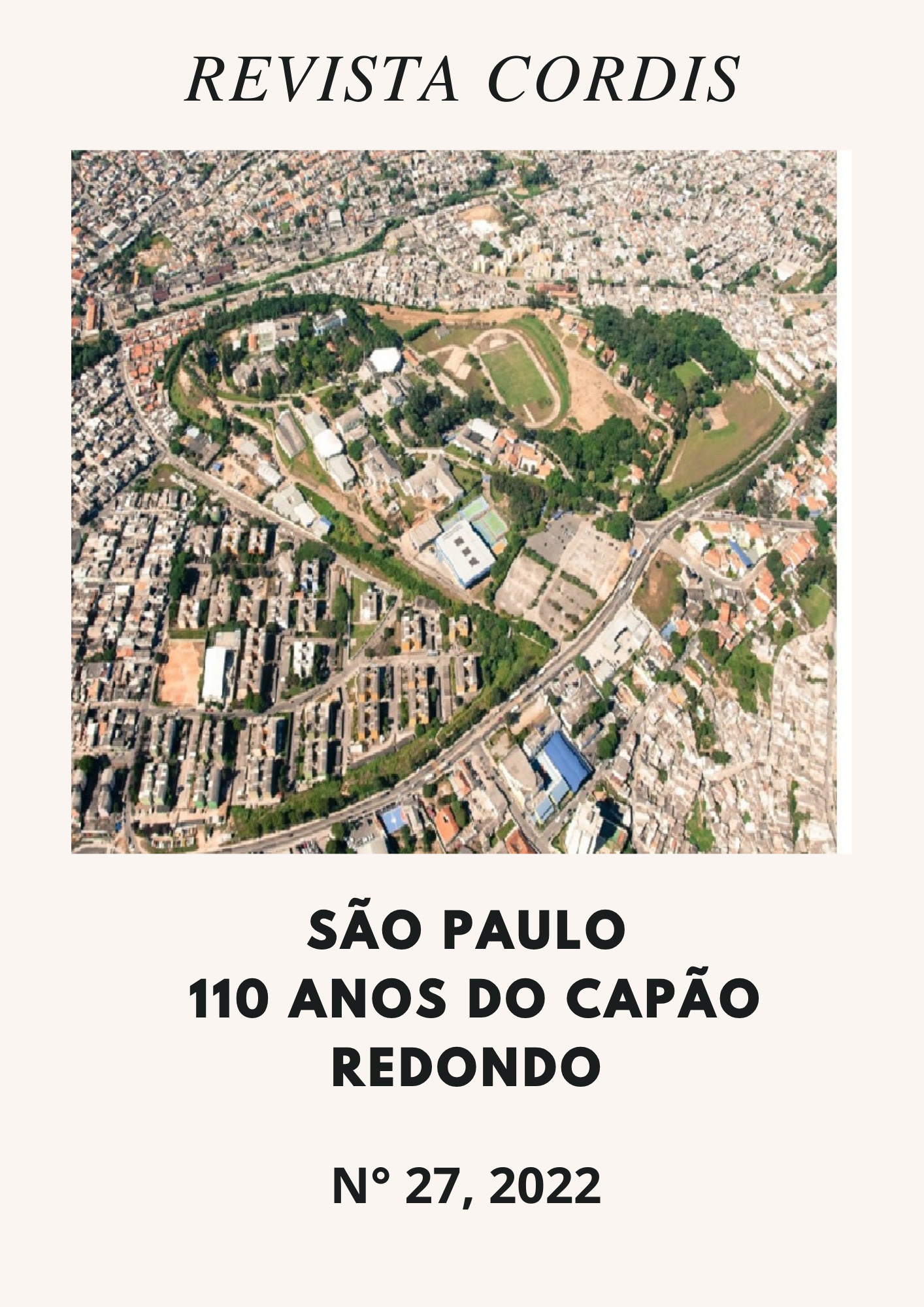ENTRE O CONTROLE MORAL E LUTA POR INFRAESTRUTURA PÚBLICA: A INTERPRETAÇÃO DE DOM ADRIANO SOBRE A CIDADE DE NOVA IGUAÇU/RJ ENTRE 1969 E 1974
DOI:
https://doi.org/10.23925/2176-4174.v1n27.2022.59246Abstract
Catholicism is one of the oldest monotheistic religious forms and is still present today in many societies. The construction of this Catholic culture does not necessarily imply that the forms of interpretation and symbolic construction built throughout the history of this religion are the same throughout historical time. This is because the various practitioners of religion, clergy and lay people, constantly tension and negotiate new forms of meaning for these sets of symbols when these same actors use religion to understand social events and events throughout history. This text brings with it a specific form of this meaning-making process. Our objective is to understand how a bishop acts on a city in the Baixada Fluminense in Rio de Janeiro and, consequently, how to interpret it. We are interested in shedding light on the process of symbolic negotiation that gives rise to the ways in which the Catholic religion offers new concepts about and for the city. For this, we will propose a documentary ethnography in some press archives of the diocese itself: the weekly newspaper A Folha and the Diocesan Bulletin.
Downloads
Published
How to Cite
Issue
Section
License
Copyright (c) 2022 Paulo César Limongi de Lima Filho

This work is licensed under a Creative Commons Attribution 4.0 International License.



